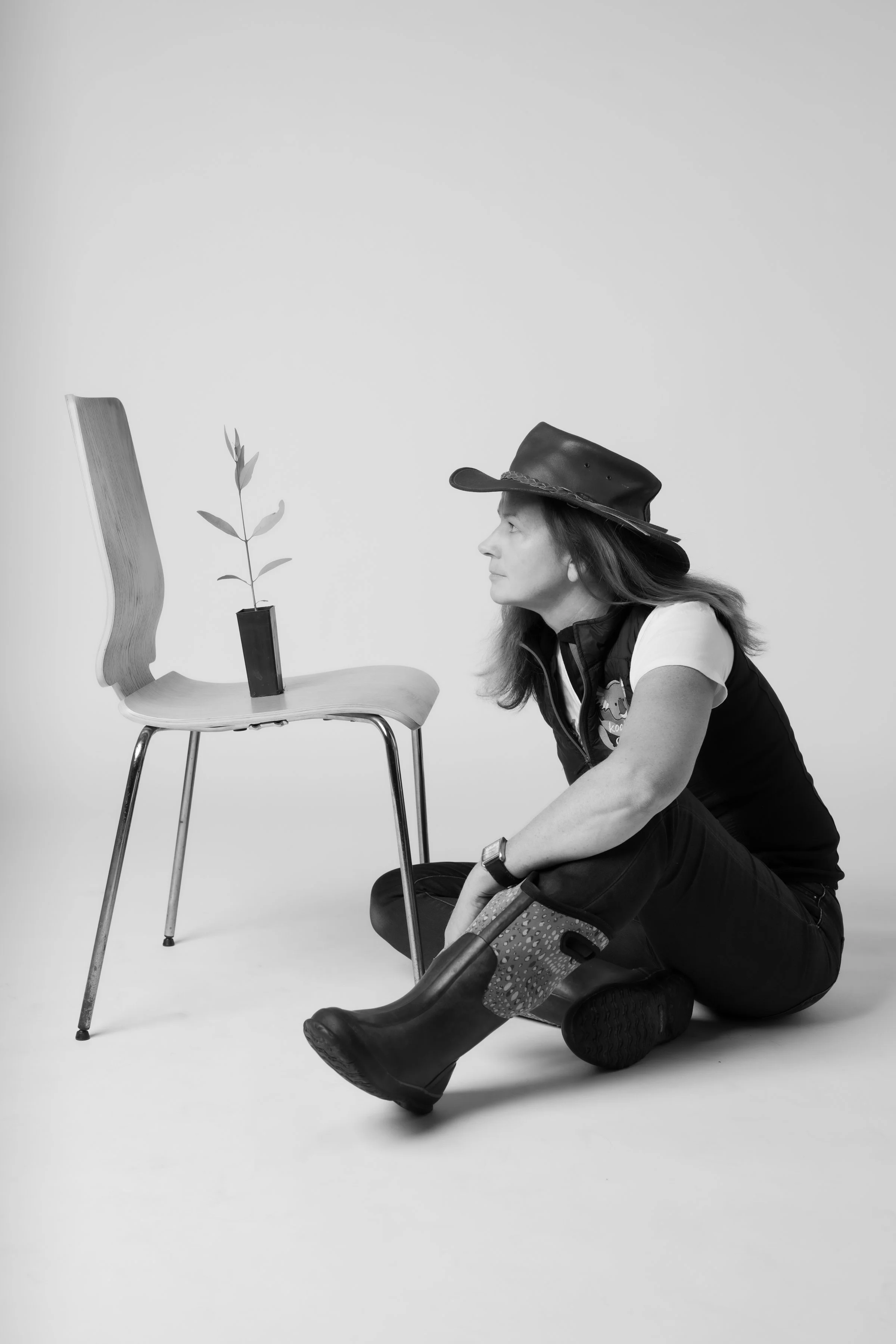
Janine Duffy - Conservationist, Environmentalist
Q: Where did your interest in conservation come from?
A: From watching the thing I love most — koalas — decline before my eyes. In my lifetime they could be gone. When I couldn’t sleep at night from the worry, I became an activist. You don’t set out to be one, but when you can’t ignore it any longer, you have no choice.
Q: What was your path from school to career?
A: I studied architecture because it combined art and science. That mix has defined my life. In fact, it led me to discover that the nose pattern of each koala is unique — like a fingerprint. The artist in me noticed it; the scientist in me recorded and shared it.
Q: Do you still express yourself artistically?
A: Not much these days, but I design clothes with bird motifs. Birds are fantastic to draw.
Q: How did architecture influence you?
A: It taught me problem-solving — how to take a huge, complex issue and break it down into simple steps. That skill shaped everything I’ve done since.
Q: Where did your love of the bush begin?
A: At university, architecture students went bushwalking. I remember my first hike: I was in agony with blisters, yet I thought, I never want to stop doing this. Roger and I spent weekends hiking, watching wildlife, and sharing that passion. It eventually became Echidna Walkabout, which we ran for 30 years before selling in 2022.
Q: What work are you doing now?
A: I organise large-scale tree-planting projects through the Koala Clancy Foundation. Planning takes six months, planting three months. We work with private landholders who simply want their land in good condition. By now we’ve planted 164,789 trees, aiming for 300,000 by 2030 — a goal we’ll surpass early.
Q: What challenges have shaped you?
A: The 2006 Brisbane Ranges fire devastated me. It taught me the process of environmental grief — like losing a country. That experience prepared me for the Black Summer of 2020. Part of my role now is to help others navigate that grief, because it will happen again.
Q: How do you respond to climate change denial in politics?
A: Blame is pointless. When disaster hits, even the deniers will suffer — losing homes, land, or worse. My focus is on solutions, not “I told you so.” The darker it gets, the closer we are to the turning point, when society finally values nature as much as ourselves.
Q: Are you optimistic about the future?
A: No — but I’m not a pessimist either. I believe it will get worse before it gets better. While koalas are still with us, there’s hope. If we lose them, they’ll never come back. I can’t be alive, able to do something, and not put my energy into that.